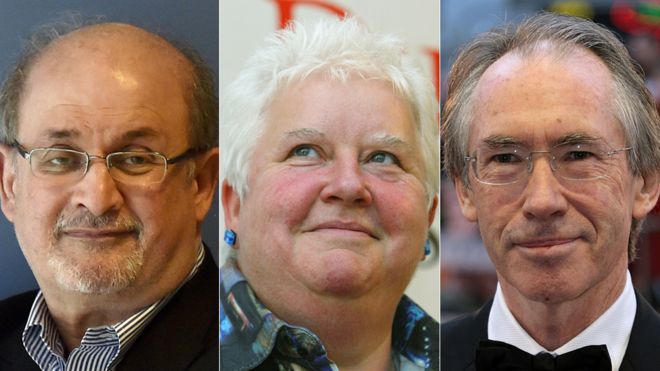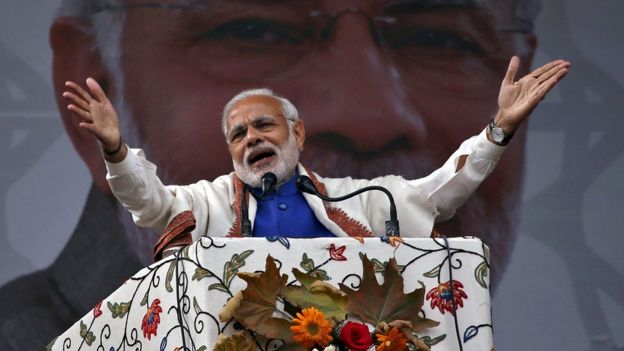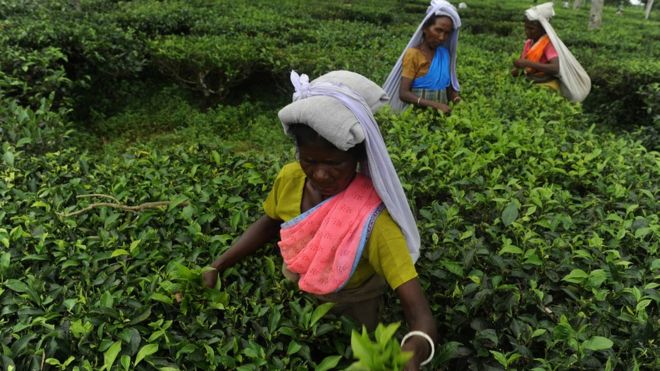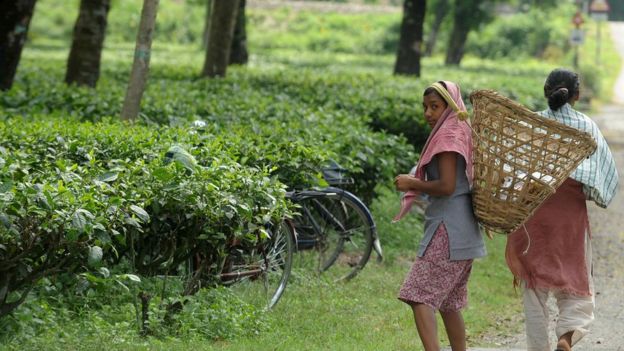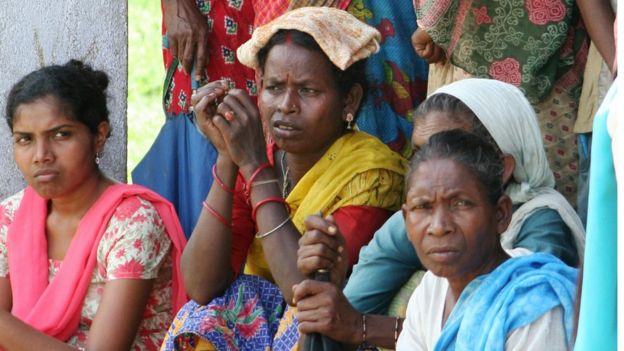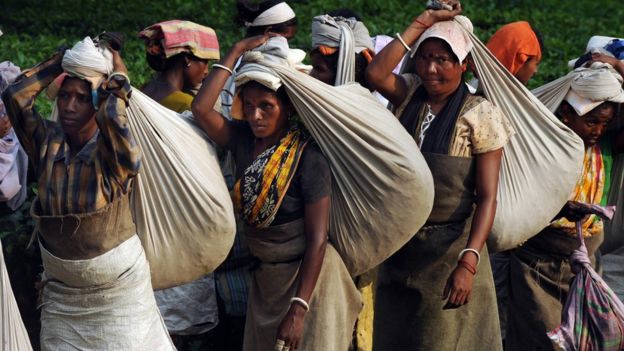From thehindu.com
‘We should protect our heart, brain and eyes from religious fundamentalism’
Devanur Mahadeva to return Padma Shri, akademi award in protest against ‘growing intolerance’
After eminent scientist P.M. Bhargava, Kannada writer Devanur Mahadeva has become the second person to return the prestigious Padma award in protest against “growing intolerance” in India.
He also happens to be the second Kannada writer to return a Padma award, the first being the late K. Shivaram Karanth who returned the Padma Bhushan in 1975 in protest against the imposition of the Emergency. Mr. Mahadeva, author of the celebrated novella Kusuma Bale and an eminent public intellectual, received Padma Shri in 2011 and Sahitya Akademi Award in 1990.
He spoke to The Hindu on Saturday on what spurred him to return the awards now. Excerpts from the interview:
When many others were returning awards protesting killing of M.M. Kalburgi and Dadri lynching, you were silent. What made you to return the awards now?
When others returned awards, I restrained myself much against my nature. But, I was shocked when some writers and artists organised themselves in support of the ruling government. Disgusted with the development, I decided to return the award… Religious fundamentalism first removes the eyes of its own people and renders them blind. It makes them irrational by numbing their brain. It makes them inhuman, forcing them to seek human sacrifices. With increase in intolerance in society, it is the responsibility of all those who believe in human values to protect the eyes, brain and heart of our children.
What message is your gesture of returning the Padma award sending out?
My intention is to communicate to the government at the Centre that the issue is pan-Indian. Freedom of expression and tolerance were the values ensured by the Constitution after the country gained Independence. But the ruling government is passing the buck to the State governments by saying that incidents such as Dadri lynching and killing for ideological differences are State subject. I consider this as the greatest tragedy the country has witnessed. I want to state that this attitude is resulting in increase in intolerance and violence.
Don’t you think returning awards is mere symbolism?
Of course, it is a symbolic gesture by the writers and intellectuals who are shocked by the recent developments. But symbolism has made an impact both nationally and globally. Processions and agitations would not have attracted the same attention. The response points to the fact that there is value for reaction of sensitive people in the country.
What is your reaction to the controversy over Girish Karnad’s statement on Tipu Sultan?
Intolerance in society, perceived to be dormant, has flared up with this controversy. However, I am of the opinion that Karnad should not have referred to the issue, considering the growing intolerance in the State. At the same time, there was no need for various forces to attack Karnad in a violent manner. If Karnad had said it at an earlier time, it would not have become an issue at all.
Political leaders such as H.D. Kumaraswamy have sought to know why in the first place you accepted the Padma award?
(Smiles) By accepting the award, I got an opportunity to return it and draw the attention of the country towards the issue! It has come in handy. I appeal to Mr. Kumaraswamy not to get upset with me for accepting awards.


